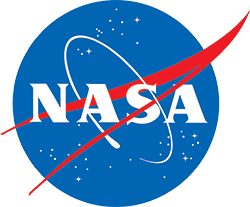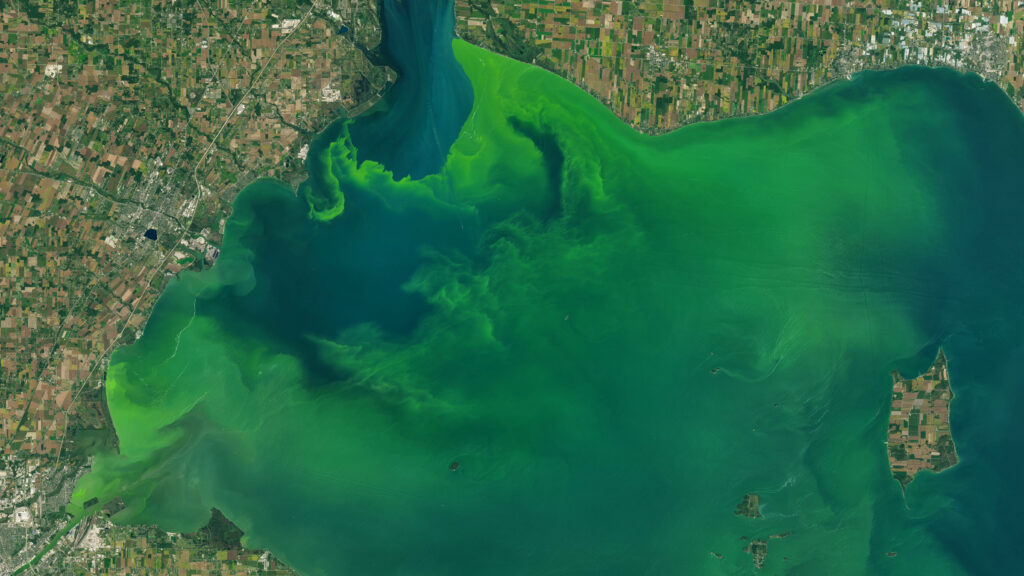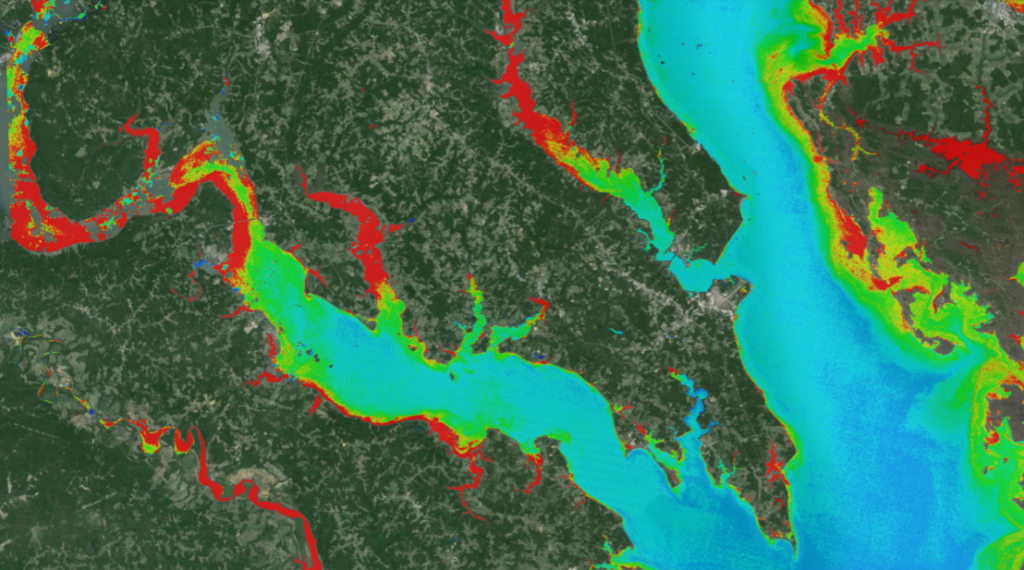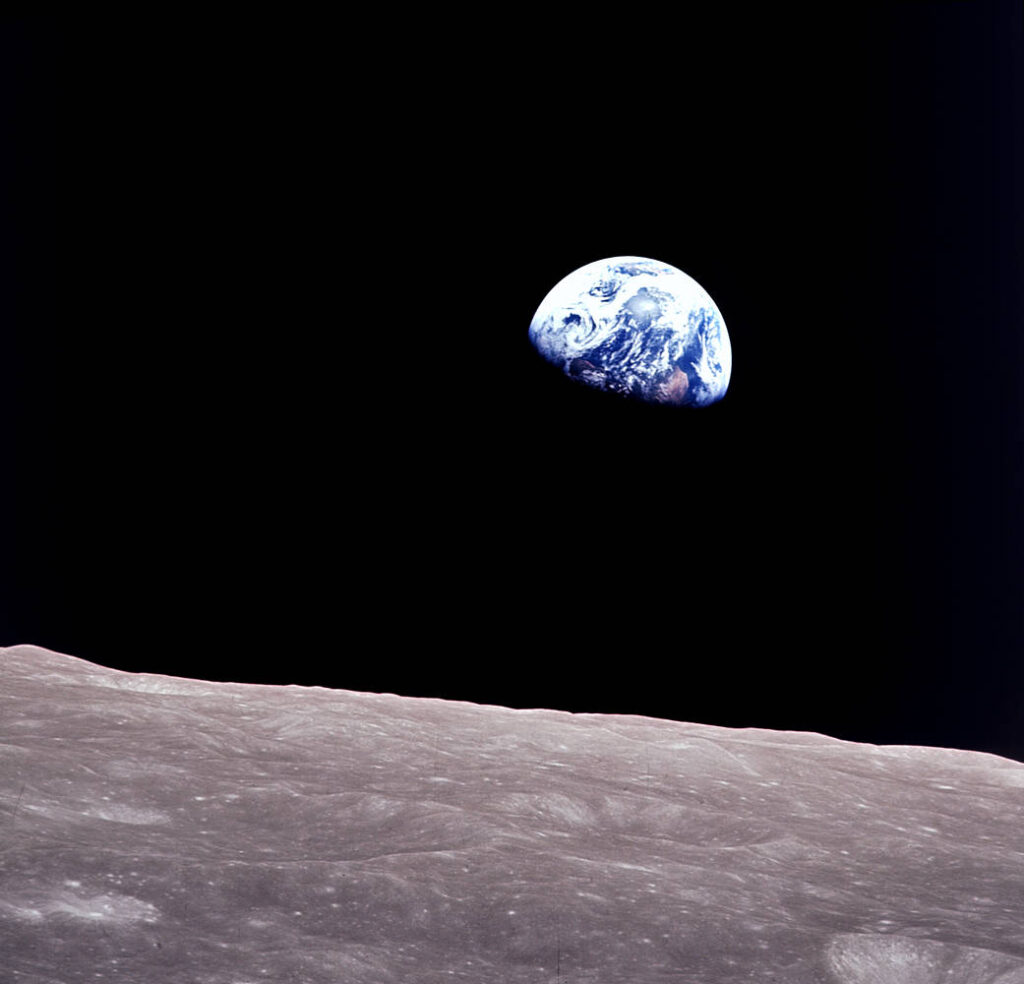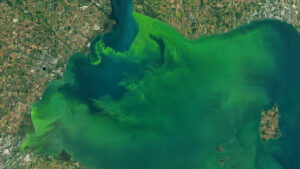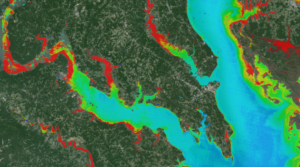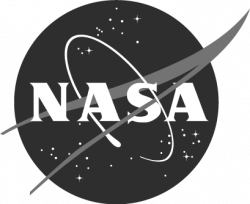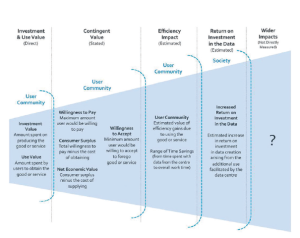
The two-day workshop was held at George Washington University in Washington, D.C. on October 28 and 29, 2014 and was sponsored by USGS, NASA, Colorado University, IEEE-USA, the Space Policy Institute, and George Washington University. Sixty-eight participants attended representing U.S. public and private sectors, academia, nongovernmental agencies and international organizations.
During the workshop there were three keynotes, a panelist dialogue on perspectives, an interactive discussion about data impacts on decision making, and four panel sessions where position papers were given and the panel members shared their own specific views on those papers.
The panel session topics included:
- Impact of increased access to data and new modes of consumption—position paper by John Houghton from the Center for Strategic Economic Studies at Victoria University in Melbourne, Australia.
- Increased supply of geospatial information and expanded participatory processes in the production of data (such as crowdsourcing)—position paper by Lea Shanley, a Presidential Innovation Fellow at NASA/University of Wisconsin–Madison and Max Craglia from the European Commission–Joint Research Center
- Emerging approaches for economic impact assessments—position paper by Richard Bernknopf from the University of New Mexico and Carl Shapiro from USGS.
- Emerging issues for societal impact assessments—position paper by Bridgette Wessels from the University of Sheffield, UK and Max Craglia, EC-JRC
Note: the workshop defined data democracy as increased participation in the production and use of data.
+ Read the full report.
